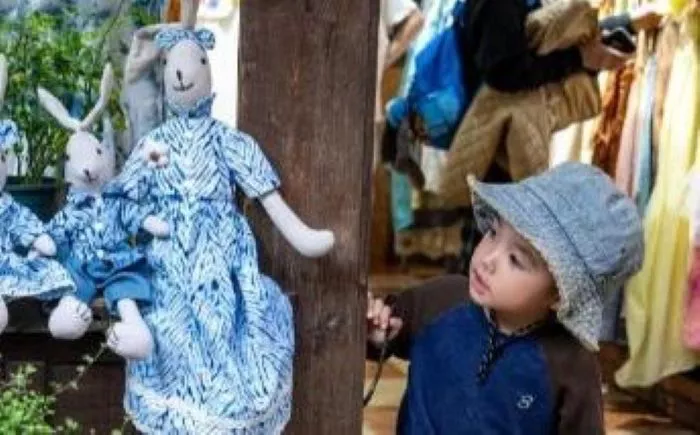When 25-year-old Li Ming decorated his Beijing apartment with museum-inspired refrigerator magnets arranged into a functional clock face, he didn’t anticipate his social media post would go viral. Yet this creative expression exemplifies China’s booming “New Guochao” movement – where ancient cultural elements fuse with contemporary lifestyles to drive everything from consumer trends to rural revitalization.
Cultural Renaissance in Daily Life
Across China, traditional culture has organically infiltrated modern living. Museums report record attendance, with Chengdu’s Jinsha Site Museum selling over 5,000 annual passes. Consumers snap up horse-face skirts and domestic cosmetics featuring historical motifs, while nighttime classes on classical arts attract urban youth. “It’s not just nostalgia – people genuinely find meaning in these cultural connections,” observes Tsinghua University cultural studies professor Zhang Wei.
The commercial impact is profound. Sales of new Chinese-style clothing surged 120% in early 2025, while heritage brands like Lao Pu Gold Jewelry achieved 160% growth by incorporating ancient metalworking techniques. Even beverage companies report booming demand for “Chinese wellness drinks” made with traditional herbal recipes, projected to become a 10-billion-yuan market by 2028.
Rural Revival Through Heritage
In Guizhou’s Huawu Village, 95-year-old Yang Wenli has transformed local Miao embroidery from fading craft to economic lifeline. Her workshop now employs 63 artisans producing contemporary accessories that blend ethnic patterns with modern design, generating 2.8 million yuan annually. “Our children no longer need to leave for cities – the heritage stays alive through good jobs,” Yang explains. Nationwide, over 9,100 similar workshops provide stable income for 270,000 rural workers.
Policy Winds Fill the Sails
The State Council’s 2025 measures to cultivate cultural consumption have accelerated growth, with the “Guochao” economy projected to exceed 3 trillion yuan by 2028. Local governments actively support the trend – Xi’an’s free hanfu makeup artist training has created 7,000 jobs averaging 90,000 yuan annually. Meanwhile, digital platforms report 63% of intangible heritage sales now come through merchant livestreams, with top performers exceeding 100 million yuan.
As traditional culture evolves from museum artifact to living economic force, China demonstrates how cultural confidence can simultaneously preserve heritage and power innovation. The “New Guochao” movement ultimately represents not a passing trend, but a fundamental reconnection with cultural roots that shapes both personal identity and national development.
Related Topic:
- “Cultural and Natural Heritage Day” Ignites Traditional Culture Craze
- Cover-More Travel Insurance Wins Big at 2025 WeMoney Travel Awards
- TTC Plans Major Investment to Strengthen Tour and Cruise Brands Worldwide

